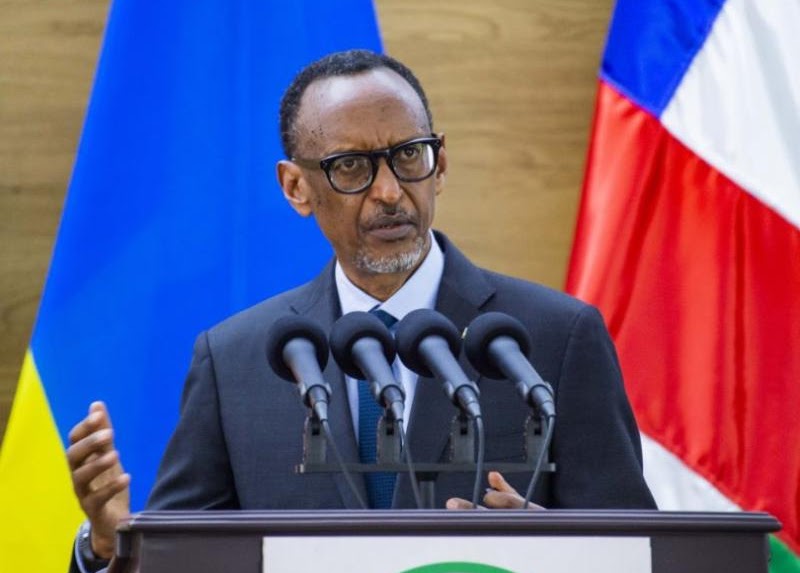The DRC has frequently accused Rwanda, a smaller neighbour in Central Africa, of backing the M23, same to how it has done with the US and several European nations. However, Kigali has always refuted these claims.
The Tutsi rebels have advanced in recent months and are now within striking distance of Goma, the capital of North Kivu.
According to Josep Borrell, the head of foreign policy for the European Union, the E.U. has urged Rwanda to "stop assisting the M23 and use all measures to force the M23 to comply with the resolutions agreed by the EAC [East African Community]" during a conference in Angola last November.
It also urges “all states to prevent the provision of any support to armed groups active in the DRC,” as Borrell put it.
To protect the civilian population in the country’s territory, he urged Kinshasa to “take all measures necessary.”
M23, under intense pressure to disarm internationally, participated in a ceremony last week to make a “goodwill gesture” hand over control of the crucial town of Kibumba to an East African military force.
The EAC further mandated that the group disperse to the tri-national boundary between the Democratic Republic of the Congo, Uganda, and Rwanda. However, the Congolese army quickly labelled the Kibumba handover a “sham.”
Borrell made those remarks after a study by United Nations experts on the Democratic Republic of the Congo (DRC) claimed that evidence of “direct intervention” by Rwandan defence forces inside DRC territory between November 2021 and October 2022 had been gathered.
According to the report, Rwandan forces have begun supporting the M23 in their fight against the predominantly Hutu Democratic Forces for the Liberation of Rwanda (FDLR), providing them with weapons, ammunition, and uniforms.
Kigali considers the FDLR a threat that necessitates military action within the DRC.
Rwanda has accused the DRC of faking a massacre in November that killed at least 131 civilians and exploited the situation for political gain. Presidential elections are scheduled for the DRC in December.
U.N. investigators found that M23 insurgents were responsible for the deaths.
A ceasefire deal had been close to being reached, and Angola had been mediating peace talks just before the killing.
In a statement on Saturday, Kinshasa stated that the U.N. experts’ report “put an end to the lies and manipulations” of Rwanda.
In light of the seriousness of the allegations, it urged the U.N. Security Council to review the report by the experts with an eye toward possible penalties against Rwanda.
On the other hand, in his New Year’s message, Rwandan President Paul Kagame blamed Kinshasa for the instability in the country’s volatile eastern areas.
Kagame stated on Saturday that despite spending “tens of billions of dollars on peacekeeping over the past two decades,” the security situation in Eastern Congo is worse than ever.
“To explain this failure, some in the international community blame Rwanda, even though they know very well that the true responsibility lies primarily with the government of the DRC. It is high time that the unwarranted vilification of Rwanda stopped.”



